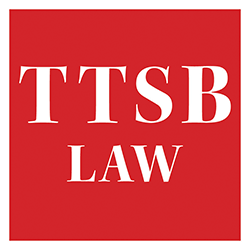If you’re having trouble staying current on a car, personal or home loan, it may be a good idea to file for bankruptcy. Doing so may allow you to reorganize debt balances without losing property such as your Oklahoma home. In some cases, it may also be possible to eliminate debt balances without making any additional payments to your creditors.
Why it might be in your best interest to file for Chapter 7 bankruptcy
Filing for Chapter 7 bankruptcy may be ideal if you have a limited income and few non-exempt assets that have to be liquidated by the trustee. It may also be ideal if you don’t have much equity in a home, car or other tangible assets. This is because you are entitled to keep a certain portion of that equity even if the underlying asset is sold. A Chapter 7 proceeding can usually be completed within four to six months from the date that your petition is received.
Why might it be in your best interest to file for Chapter 13 bankruptcy?
If you would like to keep your property, you might want to file for Chapter 13 bankruptcy. This may also be true if you don’t qualify for Chapter 7 protection because you can’t pass the means test. In a Chapter 13 proceeding, you make payments to creditors over a period of three to five years. Some unsecured debt balances that remain after the repayment period ends may be forgiven.
You’ll likely receive an automatic stay of creditor contact
Regardless of what type of proceeding you pursue, you’ll typically receive an automatic stay after your petition is received by a judge. The stay often stays in place for the duration of your case. Therefore, if you file for Chapter 13, it may be possible to avoid a repossession or foreclosure for up to five years.

